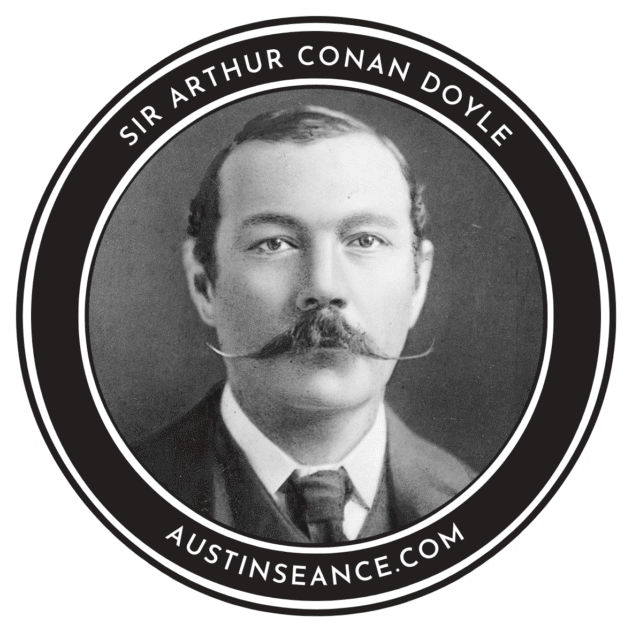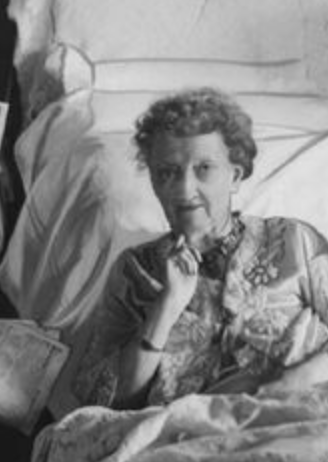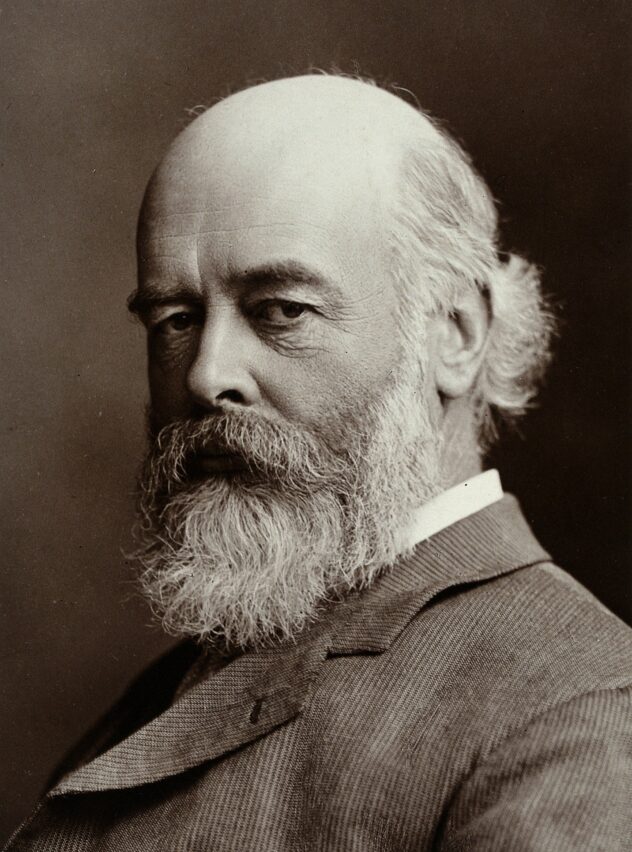
Sir Oliver Joseph Lodge, FRS (12 June 1851 – 22 August 1940) was a British physicist and writer involved in the development of, and holder of key patents for, radio. He identified electromagnetic radiation independent of Hertz‘s proof and at his 1894 Royal Institution lectures (“The Work of Hertz and Some of His Successors“), Lodge demonstrated an early radio wave detector he named the “coherer“. In 1898 he was awarded the “syntonic” (or tuning) patent by the United States Patent Office. Lodge was Principal of the University of Birmingham from 1900 to 1920.
Lodge was also noted for his Spiritualist beliefs and research into life after death, a topic on which he wrote many books, including the best-selling Raymond; or, Life and Death (1916), describing what he believed to be detailed messages through a medium from his deceased adult son who was killed in World War I.
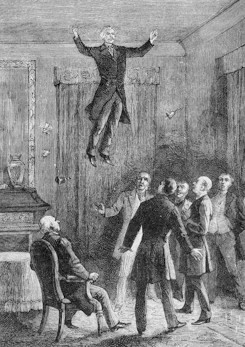
Daniel Dunglas Home (pronounced Hume; 20 March 1833 – 21 June 1886) was a Scottish physical medium with the reported ability to levitate to a variety of heights, speak with the dead, and to produce rapping and knocks in houses at will. His biographer Peter Lamont opines that he was one of the most famous men of his era. Home conducted hundreds of séances, which were attended by many eminent Victorians.
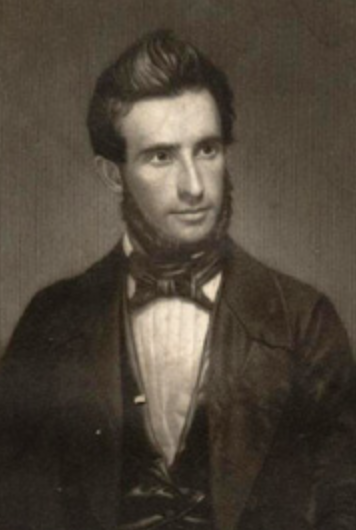
Andrew Jackson Davis (August 11, 1826 – January 13, 1910), known as the “Poughkeepsie Seer,” was an early healing medium and spiritualist. As a young man, he developed the ability to go into magnetic trance on his own, and in that state, he was able to diagnose disease. In the late 1840s, he claimed he met the spirit of the ancient Greek physician, Galen, who gave him a magic staff that he believed he could use for healing.

Sir Oliver Joseph Lodge, FRS (12 June 1851 – 22 August 1940) was a British physicist and writer involved in the development of, and holder of key patents for, radio. He identified electromagnetic radiation independent of Hertz‘s proof and at his 1894 Royal Institution lectures (“The Work of Hertz and Some of His Successors“), Lodge demonstrated an early radio wave detector he named the “coherer“. In 1898 he was awarded the “syntonic” (or tuning) patent by the United States Patent Office. Lodge was Principal of the University of Birmingham from 1900 to 1920.
Lodge was also noted for his Spiritualist beliefs and research into life after death, a topic on which he wrote many books, including the best-selling Raymond; or, Life and Death (1916), describing what he believed to be detailed messages through a medium from his deceased adult son who was killed in World War I.
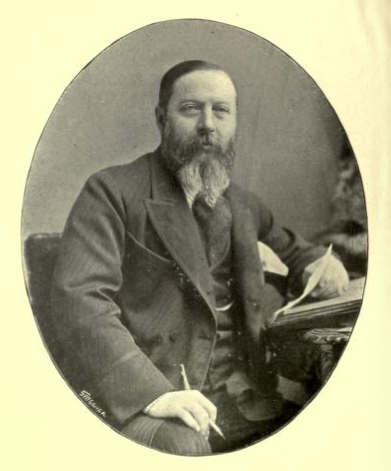
William Stainton Moses (Nov. 5, 1839 – September 5, 1892) was an English cleric and spiritualist medium. He promoted spirit photography and automatic writing, and co-founded what became the College of Psychic Studies.

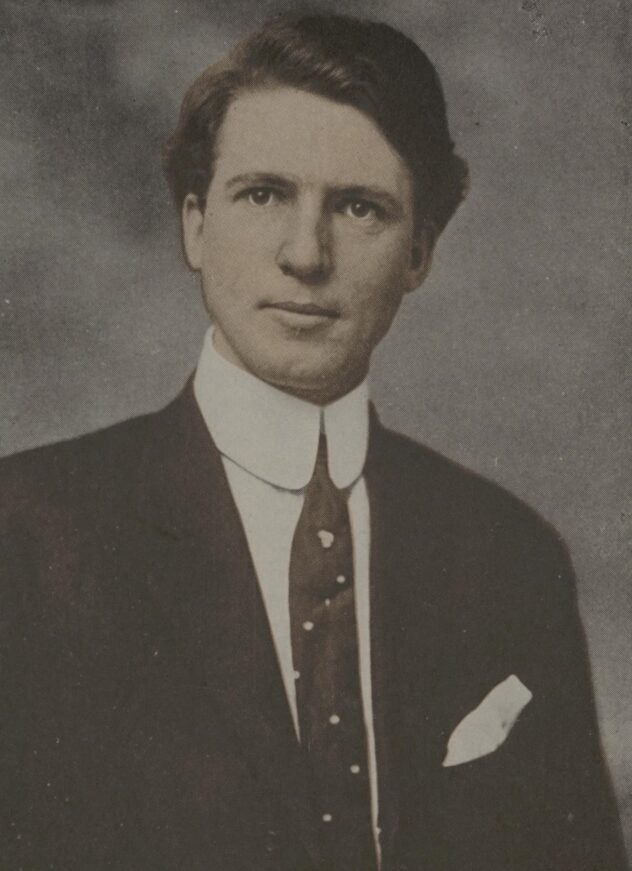
Hereward Carrington (17 October 1880 – 26 December 1958) was a well-known British-born American investigator of psychic phenomena and author. His subjects included several of the most high-profile cases of apparent psychic ability of his times, and he wrote over 100 books on subjects including the paranormal and psychical research, conjuring and stage magic, and alternative medicine.

William Stainton Moses (Nov. 5, 1839 – 5 September 1892) was an English cleric and spiritualist medium. He promoted spirit photography and automatic writing, and co-founded what became the College of Psychic Studies.
